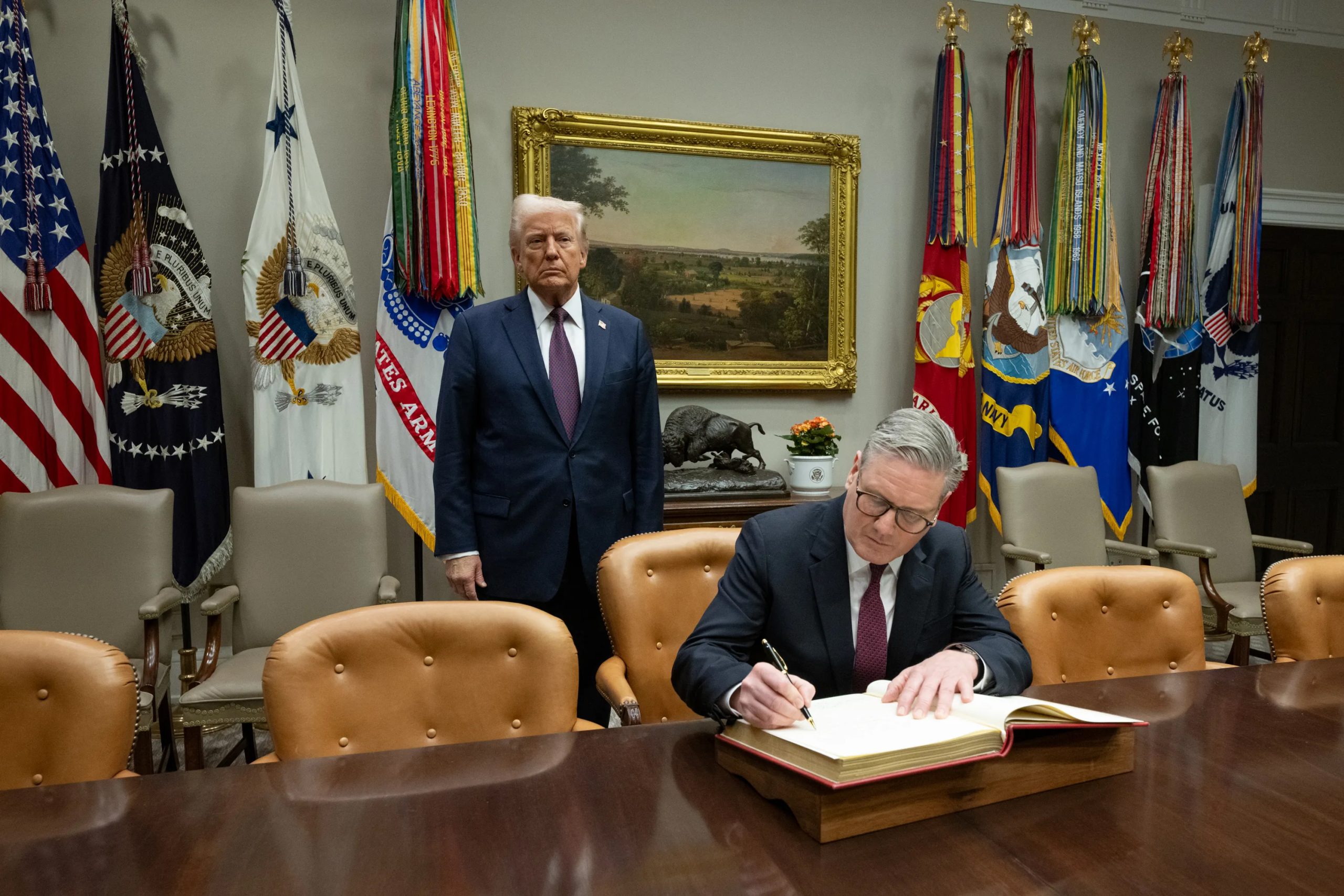The repercussions of Donald Trump’s tariffs continue to spiral with the escalating US-China trade war and the World Trade Organization warning of an impending sharp decline in global trade. But perhaps even more concerning is how the USA’s threats of taxation are increasingly being used to coax significant societal policy changes out of other governments.
Talks have intensified between the UK and US governments around tariffs, with US Vice President JD Vance reportedly putting pressure on UK Prime Minister Keir Starmer to adopt the US administration’s anti-DEI (diversity, equity and inclusion) agenda to secure a mutually beneficial trade deal.
A Washington source told The Independent that Starmer is being asked to repeal hate speech laws, particularly those which protect LGBTQ+ people and other minority groups, and online safety legislation in order to get a deal over the line with the USA and reduce the UK’s tariffs.
Trade wars have quickly escalated into culture wars. Of course, there are legitimate questions to be asked about the increasing scope of online policing in the UK. Earlier this year, we saw the UK government’s stealthy introduction of an order to create a “backdoor” to Apple’s encrypted data, which could have serious implications for users’ data privacy. Apple has since launched an appeal to the decision and Index, Big Brother Watch and the Open Rights Group have successfully argued that the case should not be heard in secret.
But as we well know, Trump is no bastion of universal free speech. His administration continues to crack down on and criminalise protestors, academics and journalists who do not align with its values, while legal and financial threats are being used to erode civil liberties and human rights. The recent demands on universities that they abandon their diversity programmes or face losing their federal funding, for example, further silences already marginalised voices. Meanwhile, ongoing threats to dismantle stalwart media institutions such as Radio Free Europe/Radio Liberty speak volumes about the government’s attitude towards fair and objective reporting.
Pressure to adopt the US’s cultural ideology is not just coming from the government. Another story this week revealed how requests to remove books from UK libraries, particularly those containing LGBTQ+ themes, are on the rise, influenced by pressure groups in the USA who have advocated for book bans. This marries up with exclusive research that Index’s assistant editor Katie Dancey-Downs carried out last year, which found that 28 of 53 UK librarians polled reported that they had been asked to remove books from their shelves.
The influence of US cultural policy is both overt and covert. In the social media age, free speech is a complex and thorny issue that continues to evolve every day. But what is clear is that the USA is increasingly imposing its policies abroad – and ultimately this could hinder, rather than help, our ability to speak freely.






